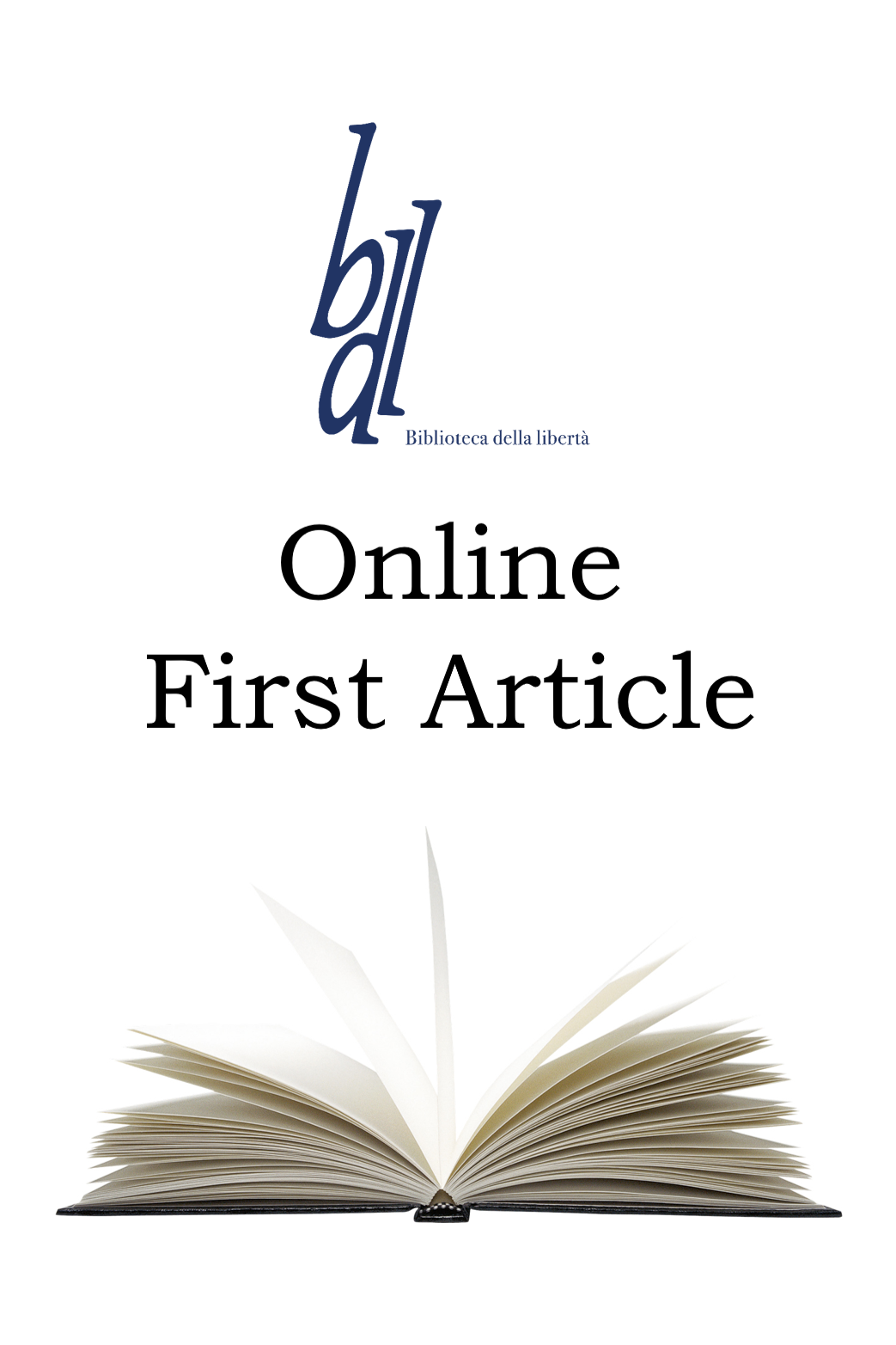- Ricerche e Progetti
- Biblioteca della Libertà
- Pubblicazioni e Working Paper
- Articoli e media
- Eventi e notizie
All issues
Anxiety and Boredom in the Covid-19 Crisis: A Heideggerian Analysis
Anno LV, n. 228, maggio-agosto 2020
- Categoria/Category
- Anno LV, n. 228, maggio-agosto 2020
- Autore/Author
- James Cartlidge
- Editore/Publisher
- Centro Einaudi
- DOI
- 10.23827/BDL_2020_2_1
- Luogo/City
- Torino
- Articolo completo/Full text
- 01-BDL228_Cartlidge.pdf
Abstract
Martin Heidegger gave a penetrating account of the different varieties of the moods of anxiety and boredom, which have no doubt been prevalent in the human experience of the Covid-19 pandemic. Heidegger theorized a particular type of anxiety and boredom as what I call ‘revelatory moods’, intense affective experiences that involve an encounter with our existence as such, our world, freedom and responsibility for the creation and proliferation of significance. Revelatory moods contain much emancipatory potential, acting as existential catalysts for our being able to authentically seize hold of our lives and possibilities as free agents. For Heidegger, the experiences of anxiety and boredom as ones that put us into contact with the structure of our world and the stunning scope of our freedom, letting us know what we can do and are capable of. But can the same be said of these experiences as they occur in a time when our freedom has been dramatically reduced? I claim that Heidegger’s theory can be productively built on, arguing that the anxiety and boredom of the pandemic puts us into contact not with the scope of our freedom, but its reduced limits. But it is the experience of encountering these limits that makes it possible for us to begin to work out how to live in spite of them, forging new modes of solidarity and its enactment. Living authentically in this new situation in spite of our reduced freedom must take place on a prior disclosure of the limits of this freedom. Heidegger locates the possibility of such a disclosure in revelatory anxiety and boredom.







